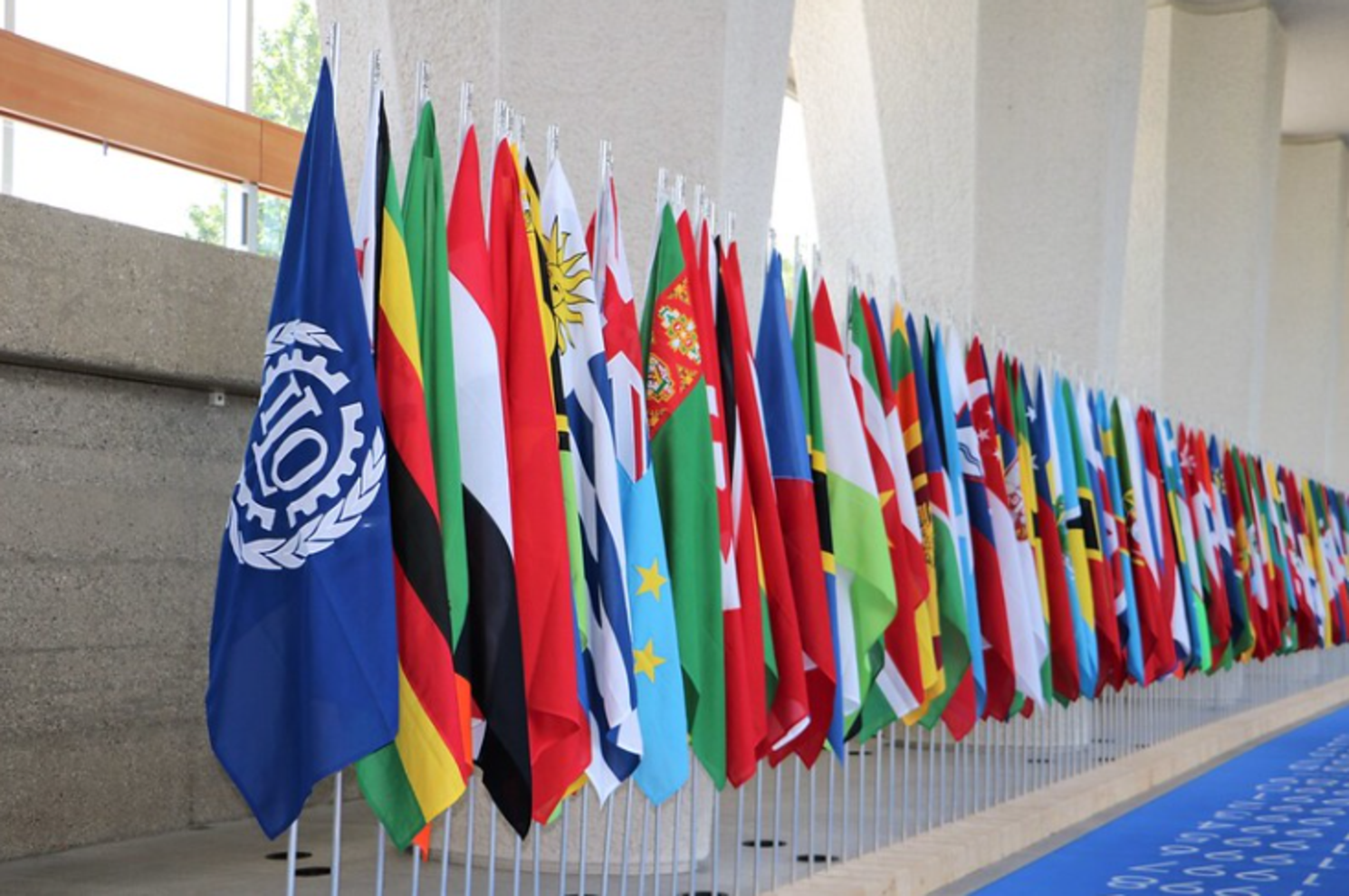The post-World War I establishment of the International Labour Organisation (ILO) in 1919 was a landmark event in the history of global labour rights. Arising from the upheavals of war and class struggles, the ILO was tasked with promoting social justice and improving working conditions worldwide. Central to its mandate, as articulated in the 1944 Declaration of Philadelphia, was the recognition that lasting peace requires social justice and that labour standards must adapt progressively to meet the needs of all nations.
At the intersection of global trade and labour rights stands the World Trade Organization (WTO). While the WTO primarily focuses on ensuring free and fair trade, its interaction with labour standards has sparked intense debate. The confluence of these two institutions underscores the challenges and opportunities in aligning economic growth with social equity.
ILO’s Principles and Global Labour Standards
The ILO’s mission is enshrined in its core conventions and principles, which seek to uphold human dignity in the workplace. These include:
- Freedom of Association and Collective Bargaining: Ensuring workers can freely organise and negotiate terms.
- Elimination of Forced Labour: Prohibiting coercive practices that strip individuals of their autonomy.
- Abolition of Child Labour: Protecting children from exploitation and ensuring access to education.
- Non-Discrimination in Employment: Promoting equality irrespective of gender, race, or other attributes.
These principles, ratified through conventions such as No. 87 (Freedom of Association) and No. 29 (Forced Labour), serve as benchmarks for member states, although implementation varies widely.
Globalisation: Opportunities and Inequities
Globalisation has transformed the economic landscape, creating vast opportunities but also exposing significant disparities:
- Economic Growth vs. Inequality: While global trade has spurred economic progress, the benefits are unevenly distributed. The ILO notes that over one-third of the global labour force remains trapped in poverty or underemployment.
- The Role of Multinational Enterprises (MNEs): MNEs drive job creation in developing nations but often exploit lenient labour regulations to maximise profits. Practices such as outsourcing to unregulated supply chains have drawn criticism for perpetuating poor working conditions.
- Consumer Activism and Ethical Standards: Growing consumer awareness has led to social labelling and voluntary codes of conduct by corporations. For instance, initiatives to combat child labour in industries like textiles and carpets reflect these evolving dynamics.
The ILO’s “Decent Work Agenda” seeks to address these disparities by advocating for quality employment, social protection, and respect for workers’ rights.
Trade and Labour Standards: A Contentious Nexus
The relationship between labour standards and trade remains polarised. Developed nations argue for embedding labour clauses in trade agreements to level the playing field and protect workers. In contrast, developing countries perceive such measures as disguised protectionism that undermines their competitive advantage.
The 1994 Uruguay Round highlighted these tensions, particularly regarding the “social clause,” which sought to link trade with adherence to fundamental labour standards. While consensus remains elusive, this debate underscores the need for balanced approaches that respect the developmental challenges of less industrialised nations.
Challenges in Enforcement
Despite robust frameworks, enforcing international labour standards poses significant hurdles:
- National Compliance Gaps: In Sri Lanka, for example, core labour standards are legally recognised, but practical challenges persist, particularly in export processing zones where unionisation and collective bargaining are limited.
- Institutional Limitations: The ILO relies heavily on voluntary compliance and moral suasion, which are insufficient in the face of entrenched economic interests.
Greater synergy between the ILO, WTO, and national governments is essential to bridge these gaps and ensure that globalisation benefits all stakeholders.
The Role of National Legislation
Effective national legislation is critical for translating international standards into actionable policies. In Sri Lanka:
- The Trade Unions Ordinance (1935) provides union protections.
- The Factories Ordinance and Wages Boards Ordinance address workplace safety, wage regulation, and hours of work.
- The Termination of Employment (Special Provisions) Act imposes stringent conditions for dismissals, ensuring job security but raising concerns about labour market flexibility.
While these laws align with international norms, implementation challenges—ranging from political influence to inadequate enforcement mechanisms—diminish their impact.
Future Directions: Towards Equity and Sustainability
The interplay of trade, labour, and national legislation necessitates a multidimensional approach:
- Strengthening Multilateral Frameworks: Enhanced collaboration between the WTO and ILO can harmonise trade and labour policies, ensuring that economic growth does not compromise worker rights.
- Empowering Developing Nations: Capacity-building initiatives can help less-developed countries align their labour markets with global standards while safeguarding their competitiveness.
- Promoting Corporate Accountability: Expanding voluntary compliance frameworks, such as the ILO’s Tripartite Declaration on MNEs, can encourage ethical business practices.
- Adapting to Changing Dynamics: As technology reshapes industries, policies must address the rise of gig and part-time work, ensuring security for all workers.
Conclusion
The WTO and ILO operate at the intersection of economic and social policy, each influencing the trajectory of global development. The challenge lies in fostering an environment where trade and labour standards are mutually reinforcing. By prioritising social justice alongside economic progress, we can ensure that the fruits of globalisation are shared equitably, laying the foundation for a sustainable and inclusive future.














